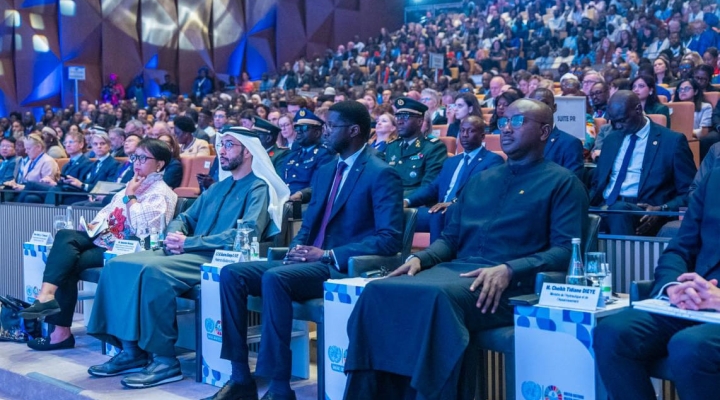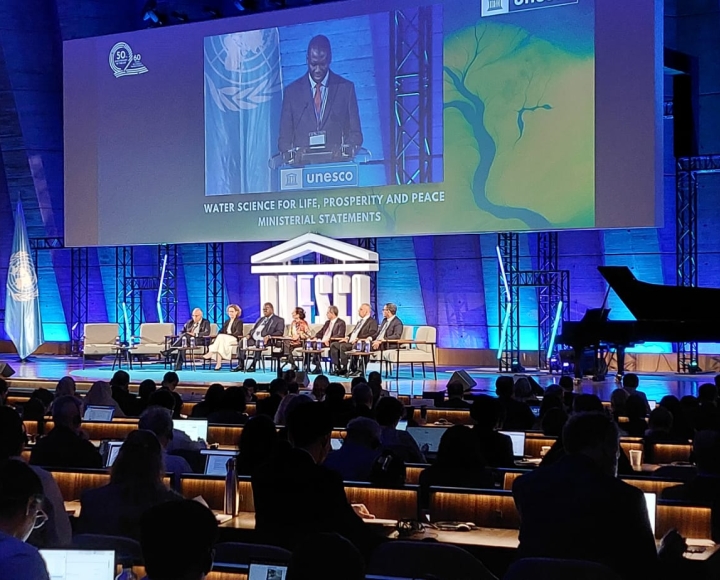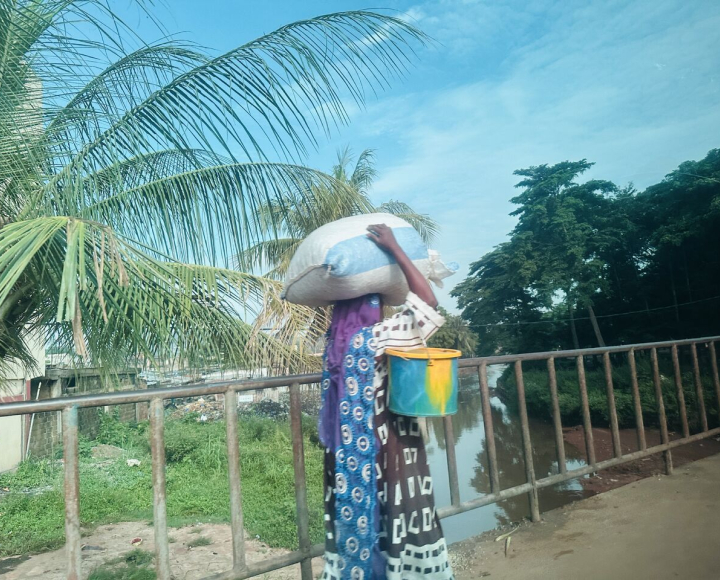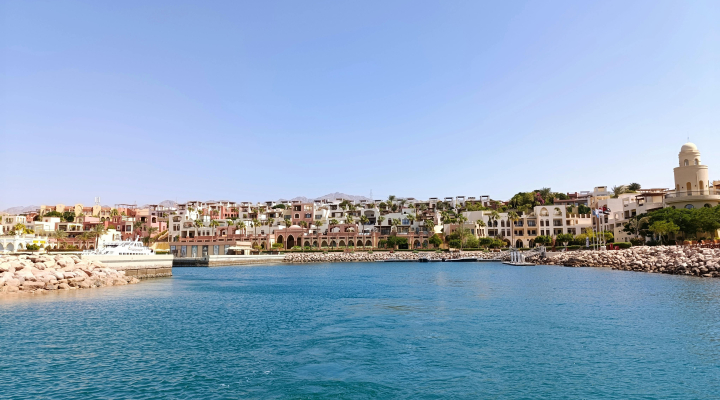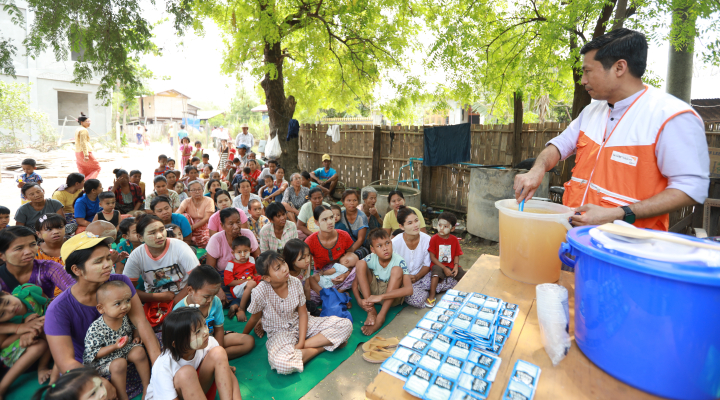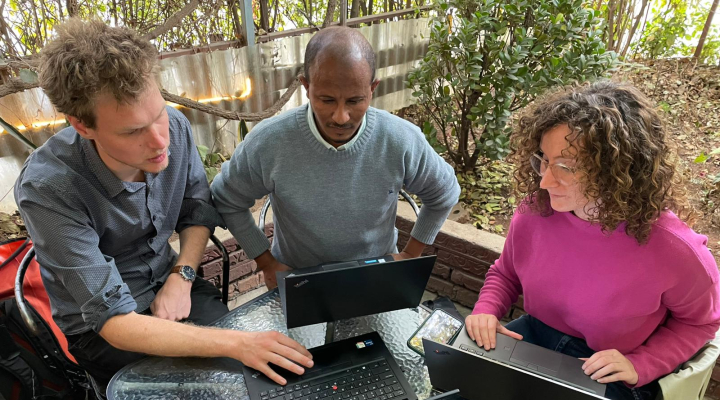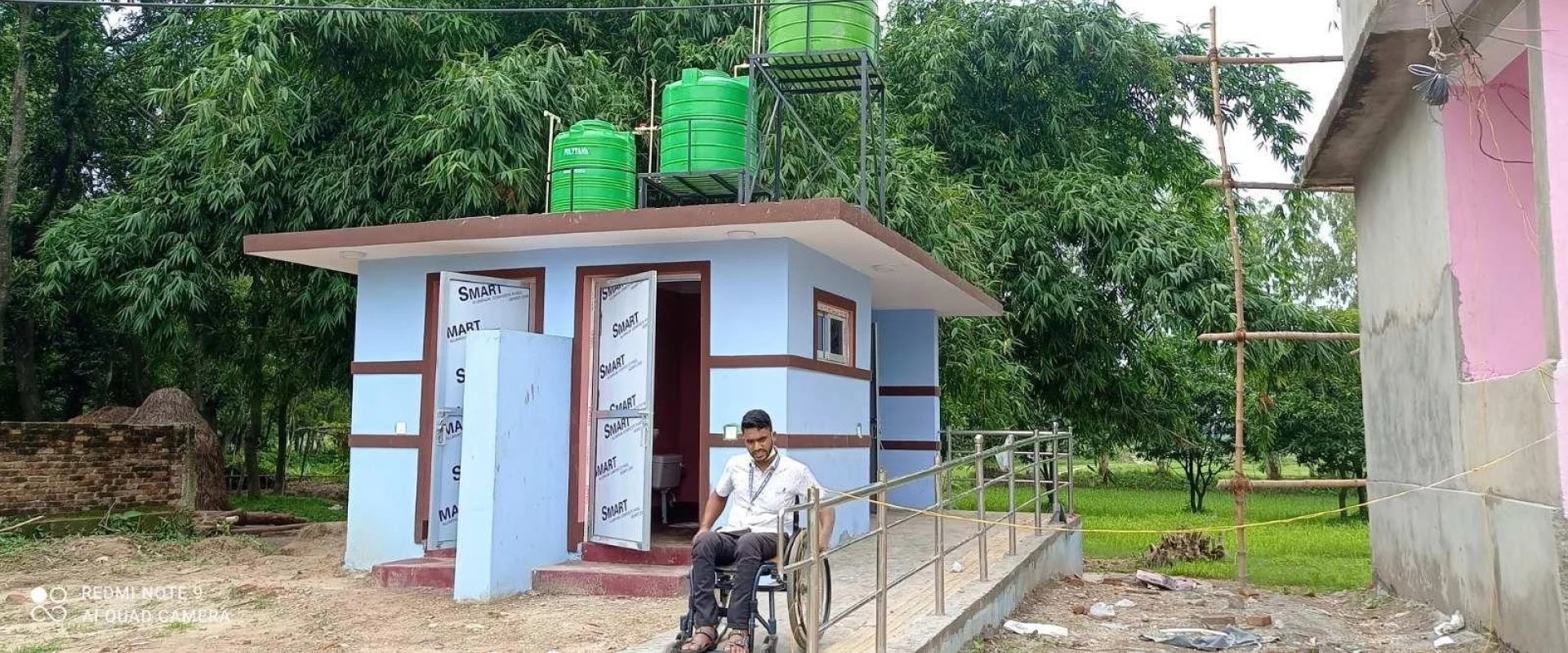
Inclusive WASH for disabled people in Nepal
Disabled People’s Organisations report a growing awareness for disabled people in the WASH sector as more and more sanitation projects aim at increased accessibility and user-friendly benefits for everyone.
One such project is called 'Beyond The Finish Line' aiming for inclusive and sustainable rural water supply services in Nepal. A recent mid-term review found that the project delivers in strengthening engagement.
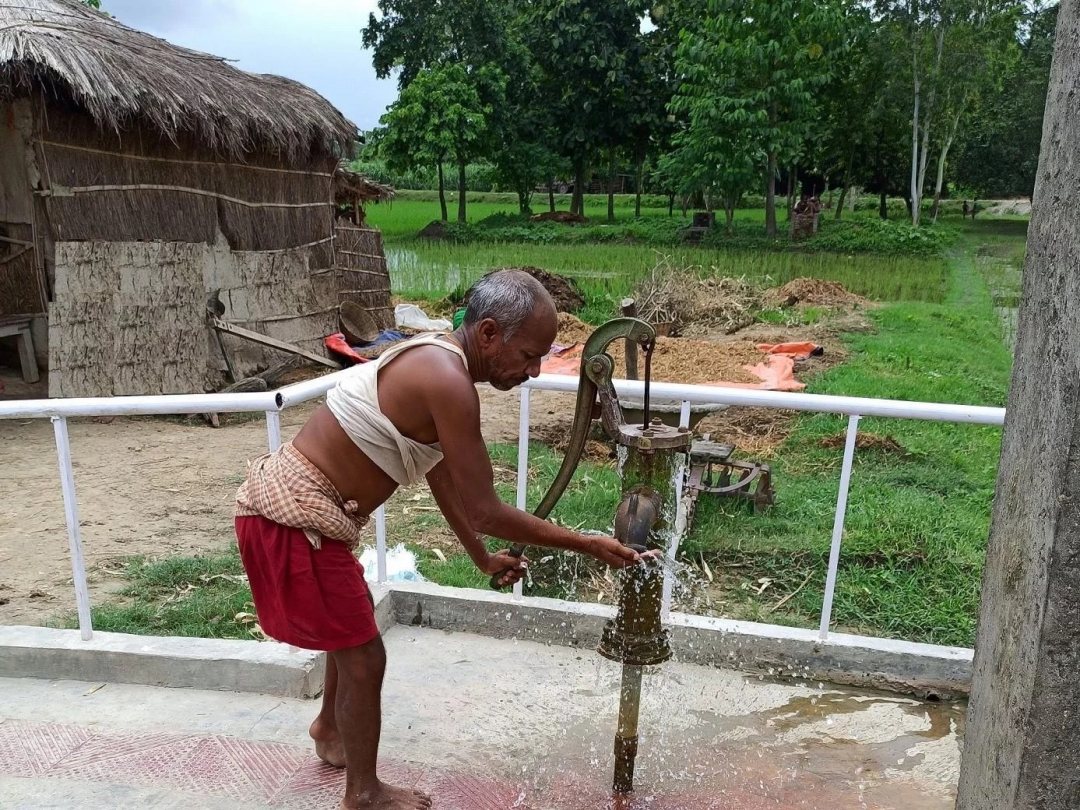

Expanding networks of disabled people
The Beyond the Finish Line project is being conducted by Water for Women Fund (Australia) and SNV (the Netherlands) and wants to achieve 40,000 additional people to have access to basic water supply from improvements in existing services by 2022. Additionally, 500 people with disabilities will be provided with accessible WASH facilities at home.
Next to the construction of new facilities, the project also aims to mainstream gender equality and social inclusion (GESI). This includes the expansion of networks of disabled people.
Promotion of sanitation and hand washing
In Nepal, SNV and the Government of Australia’s Water for Women Fund partnered with Disabled People’s Organisations (DPOs) in the Sarlahi district. According to the midterm review, this led to the meaningful engagement of DPOs in promoting and scaling up WASH activities for people with disabilities.
DPO representatives are involved in conducting household visits to promote sanitation and hygiene practices, and the distribution of soap during the COVID-19 pandemic. They also showed their support by drawing up flood assessments and response systems for affected households with members with disabilities.
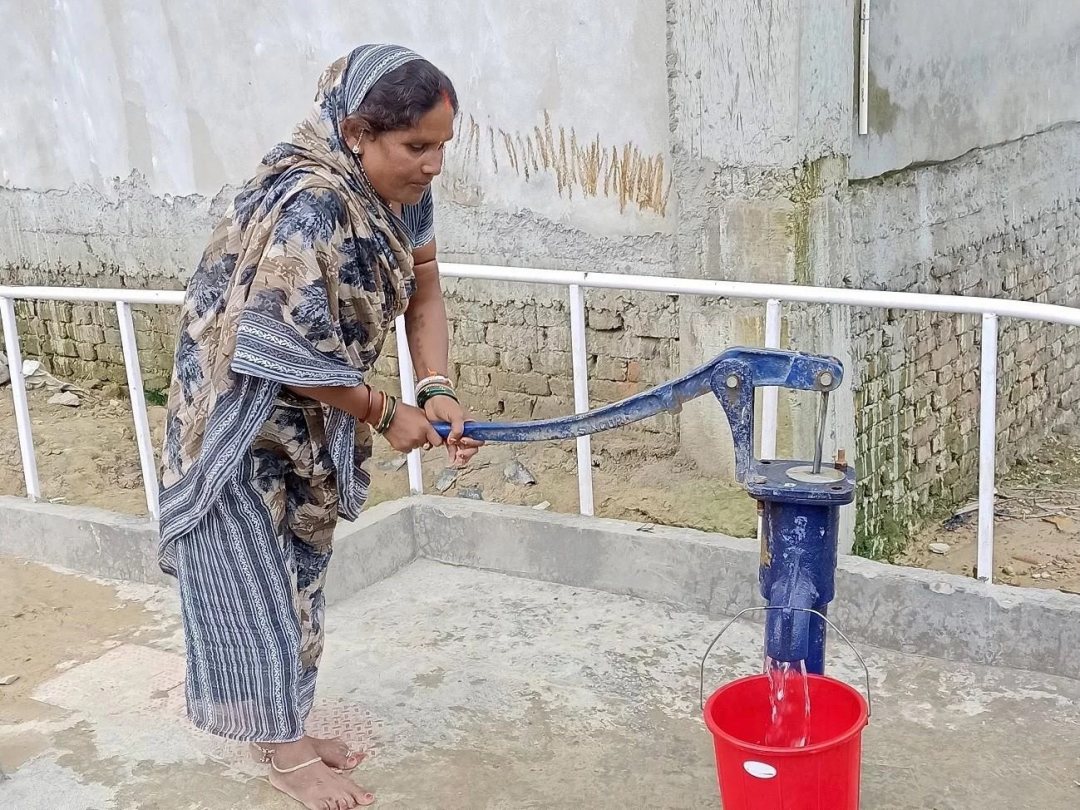

Inclusive planning by municipalities
The project spurs rural municipalities to engage more and heighten their commitment to involve and respond to the needs of people with disabilities in WASH programming. On the SNV-website Sunetra Lala, WASH Sector Leader for SNV in Nepal, highlighted the involvement of rural municipalities in a blog. In this blog she quoted a chair of a WASH-coordination committee, government-recognised coordination and decision-making mechanisms.
‘Previously, we had little knowledge about the particular needs of people with disabilities when it comes to WASH,’ says the chair. ‘However, the Disability Inclusive Development training, the inclusive WASH assessment, and several activities organised by the project sensitised us. It motivated us to include people with disabilities and women in the WASH cluster at the rural municipality and ward levels.'




